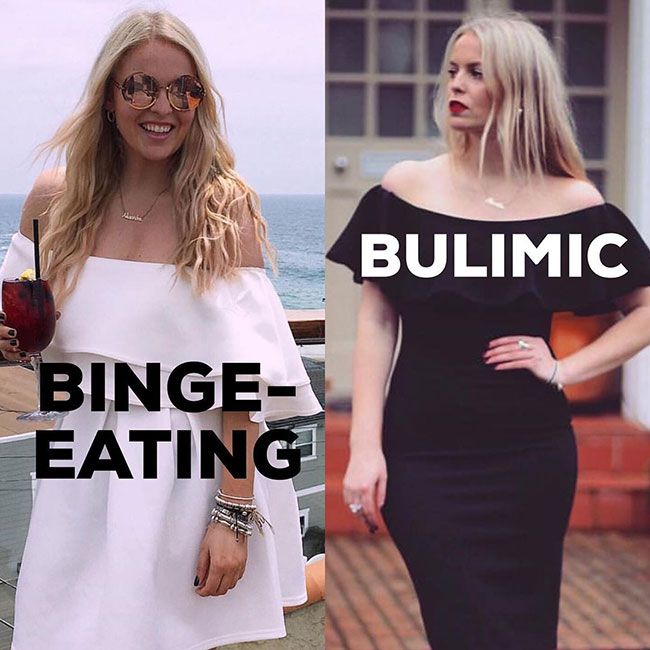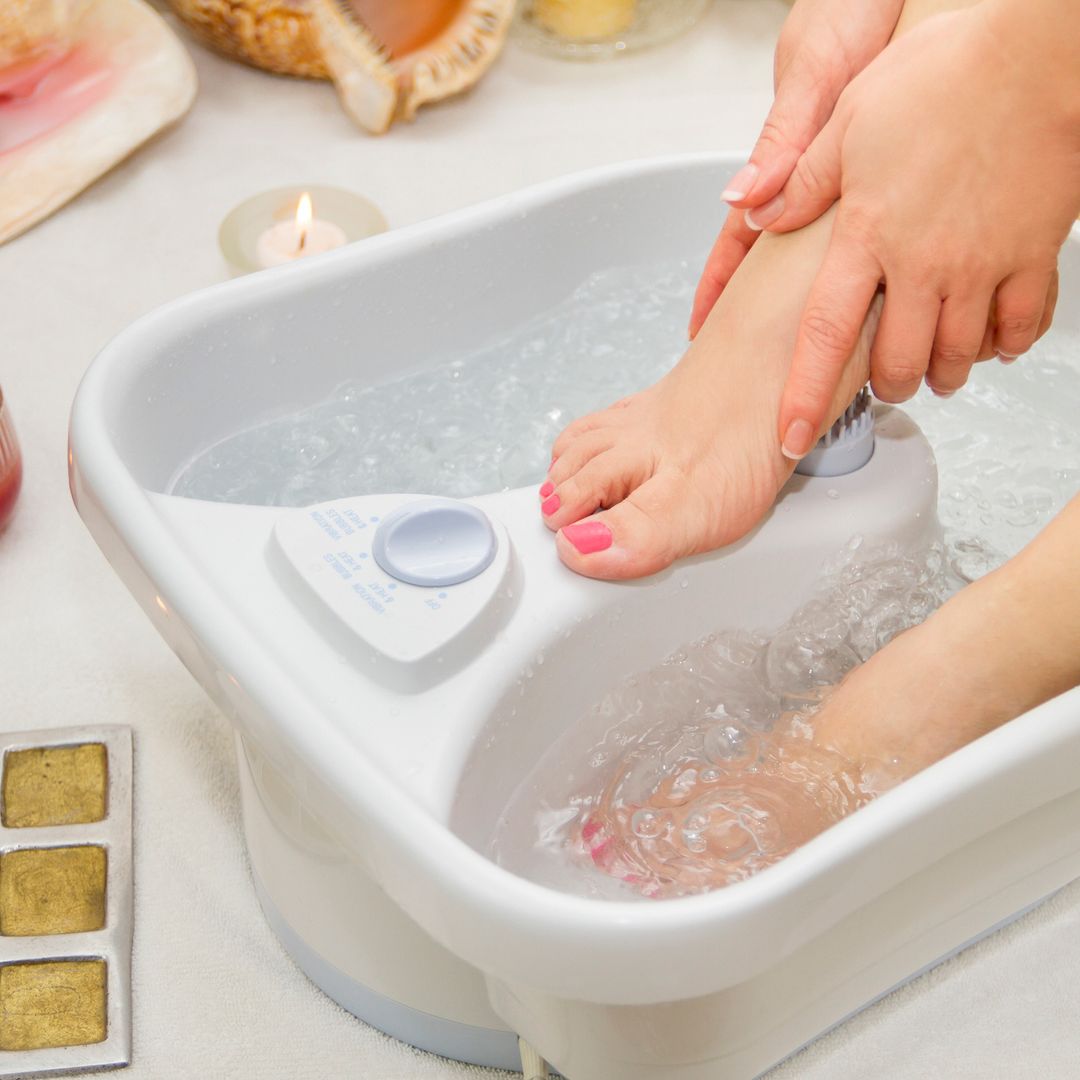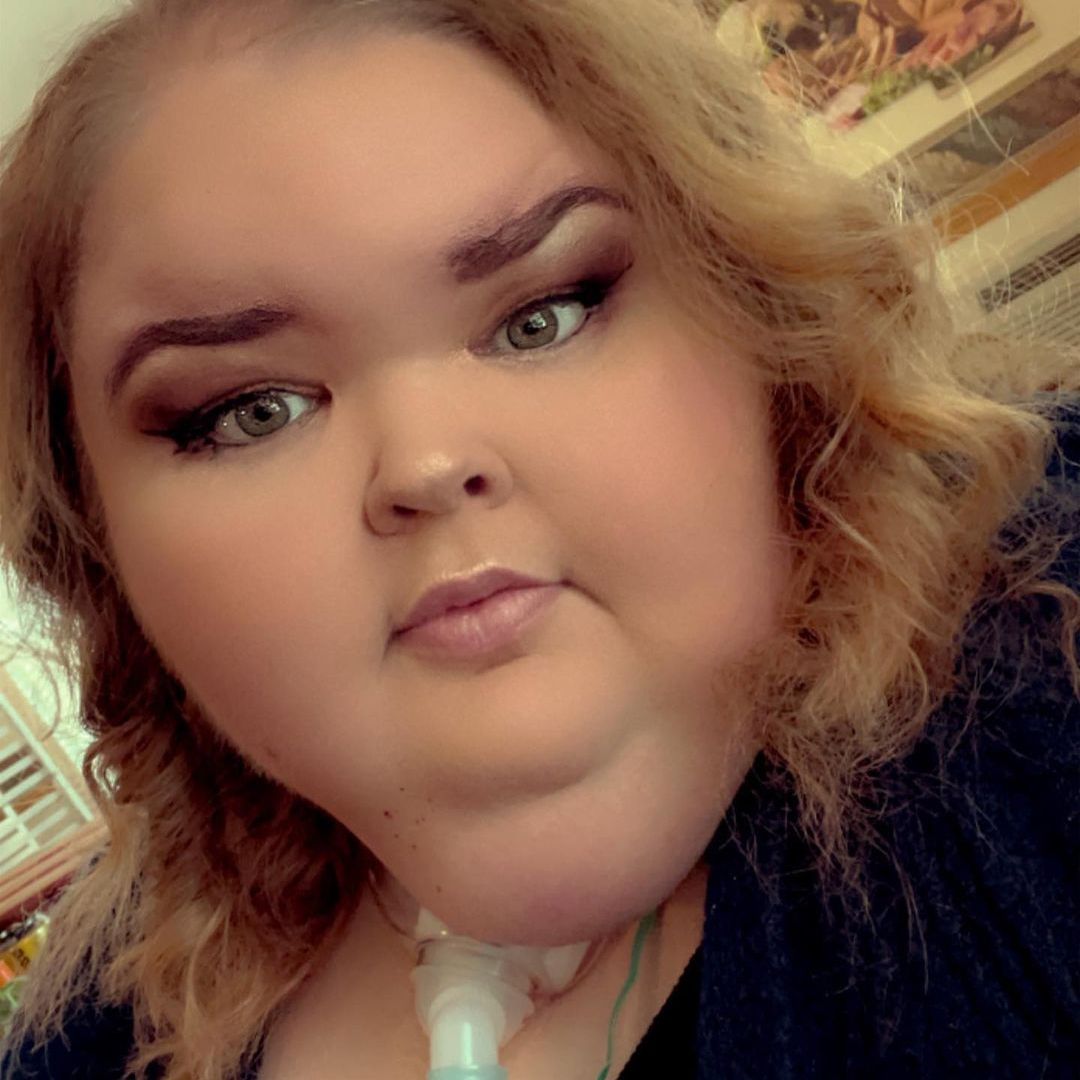"But you don't look like you have an eating disorder..." is something I used to hear all the time, and btw, you should never say this to anyone with an eating disorder. Also, it's not a thing. Eating disorders come in all different forms and are not defined by weight or size – perpetuating the idea that you have to be underweight and look sick to have one is damaging and prevents people from getting help.Which leads me onto a really scary study, showing that teens and young adults can have normal body weights and still be dangerously ill, both mentally and physically. The study, led by researchers at the Stanford University School of Medicine and the University of California-San Francisco, finds that a normal body weight can hide this eating disorder, which is called atypical anorexia nervosa.Typical anorexia nervosa required individuals to be 85 per cent below their ideal body weight to be diagnosed, but in 2013, this new category, atypical anorexia nervosa, was recognised. Sufferers of this disease meet all other diagnostic criteria for anorexia nervosa but they have a normal body weight.
READ: 5 damaging diet culture phrases we need to STOP saying
"This group of patients is under-recognised and undertreated," said the study's senior author, Neville Golden, MD, professor of paediatrics at the Stanford School of Medicine. "Our study showed that they can be just as sick medically and psychologically as anorexia nervosa patients who are underweight."
You don't have to look underweight or 'sick' to have an eating disorder: @alexlight_ldn
You might be confused at this point, I was too, so I'm going to explain it in less scientific terms. Basically, adolescent obesity has skyrocketed over the past 30 years, and teens who are obese are advised to lose weight but not advised how to lose weight. This ends up with them adopting unhealthy behaviours like severe food restriction and extreme exercise. As a result, they experience weight loss due to these behaviours and are likely then praised for losing weight - but really, friends and family should be concerned. By the time it's understood that they need medical intervention, the disease is advanced, they have often lost a hell of a lot of weight and need to be hospitalised.
RELATED: Instagram has announced that it will remove all filters that depict plastic surgery
So, what's the take away here? Well, what I really want to stress here is that if you are suffering from an eating disorder but feel shame around getting help – either because your body weight is normal or for any other reasons – please don't. Please get help – you are absolutely entitled to get help with suffering, no matter what you look like, what age you are or what gender you are. And if you suspect some close to you if suffering, get them help.
HELLO! spoke to a couple whose daughter has battled an eating disorder in light of Eating Disorders Awareness Week. According to charity Beat, an estimated 1.25 million people in the UK are suffering from an eating disorder right now – be it anorexia, bulimia or binge eating disorder – and the issue has never been more important. Visit beateatingdisorders.org.uk.










